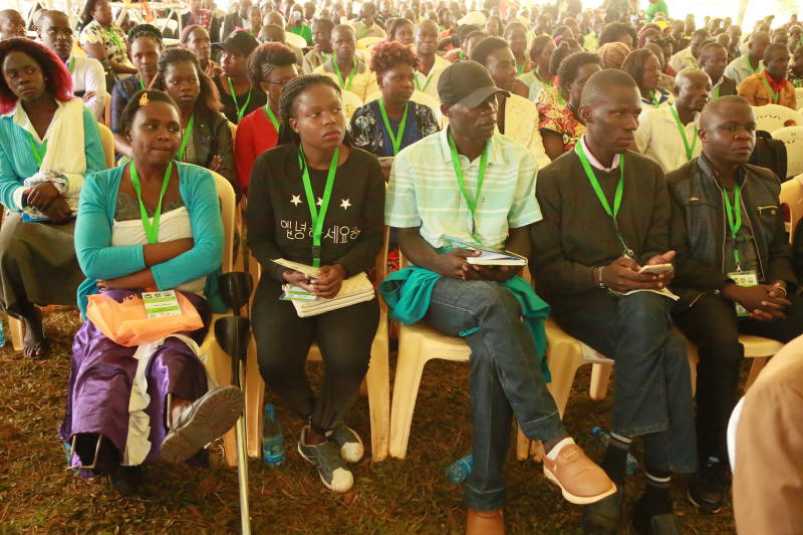×
The Standard e-Paper
Home To Bold Columnists

A section of youth follow proceedings during the Youth in Agribusiness Western region conference organized at Bukura Agricultural College in Kakamega on August 2nd, 2018. [Photo: Benjamin Sakwa/Standard].
As celebrations to mark the International Youth Week under the theme ‘Safe spaces for youth’ continue, young people in Kenya continue to face myriad challenges that cumulatively make the future look bleak for this demographic of the Kenyan population. For a start, Kenyan youth have no safe spaces.